BBC Play of the Month Separate Tables (1965–1983) Online
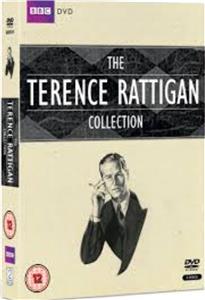
- Original Title :
- Separate Tables
- Genre :
- TV Episode / Drama
- Year :
- 1965–1983
- Directror :
- Alan Cooke
- Cast :
- Geraldine McEwan,Eric Porter,Annette Crosbie
- Writer :
- Terence Rattigan,Hugh Whitemore
- Type :
- TV Episode
- Time :
- 2h
- Rating :
- 7.9/10
The stories of several people are told as they stay at a seaside hotel in Bournemouth which features dining at "Separate Tables."
| Episode cast overview: | |||
| Geraldine McEwan | - | Sibyl Railton-Bell / Anne Shankland | |
| Eric Porter | - | Major Pollock / John Malcolm | |
| Annette Crosbie | - | Miss Cooper | |
| Robert Harris | - | Mr. Fowler | |
| Hazel Hughes | - | Miss Meacham | |
| Pauline Jameson | - | Mrs. Railton-Bell | |
| Cathleen Nesbitt | - | Lady Matheson | |
| Laurence Carter | - | Charles Stratton | |
| Joanna Wake | - | Jean Stratton | |
| Annette Robertson | - | Doreen | |
| Peter Bathurst | - | Sir Roger | |
| Beatrice Greeke | - | Cook |
The character of Anne Shankland was based on Jean Dawnay, a close friend of Rattigan.
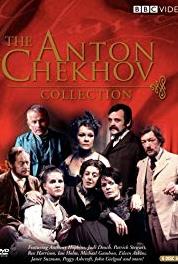


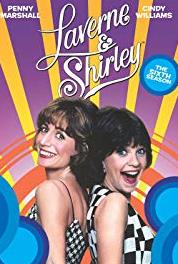
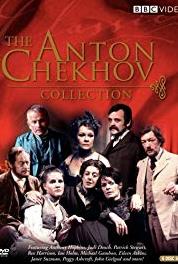
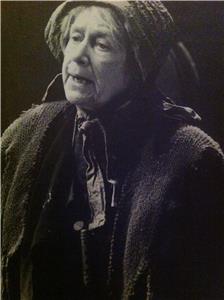

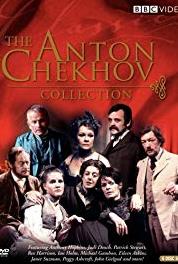

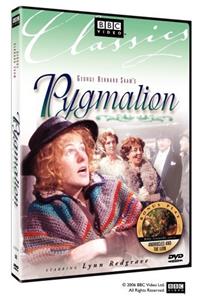
User reviews